Digging your heels into the earth, nurturing seedlings, and watching your garden flourish—nothing beats the joy of home gardening. But what if you could turn your everyday kitchen scraps into an invaluable asset for your green oasis? Enter the world of composting, where potato peels and coffee grounds can transform into “black gold” for your plants.
The Significance of Composting
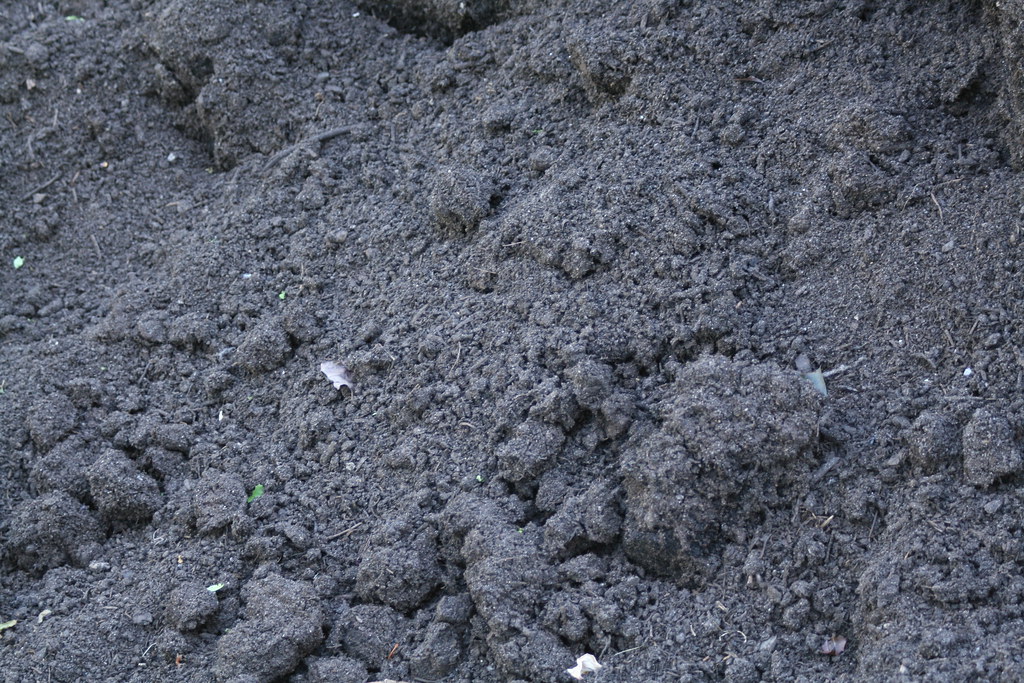
Rich, nutrient-dense compost soil, ideal for enhancing garden health and growth.
At its core, composting is a natural alchemy that changes kitchen refuse into soil-enhancing treasure. Microorganisms busily break down organic material until it becomes a humus-like substance, indispensable for a hearty garden. This isn’t just a nifty trick for boosting your tomatoes; it’s an eco-friendly power move that substantially cuts down on landfill waste. In doing so, you’re not only creating rich soil but also playing a part in preserving the environment1.
The Benefits of Black Gold
Soil Health Enhancement
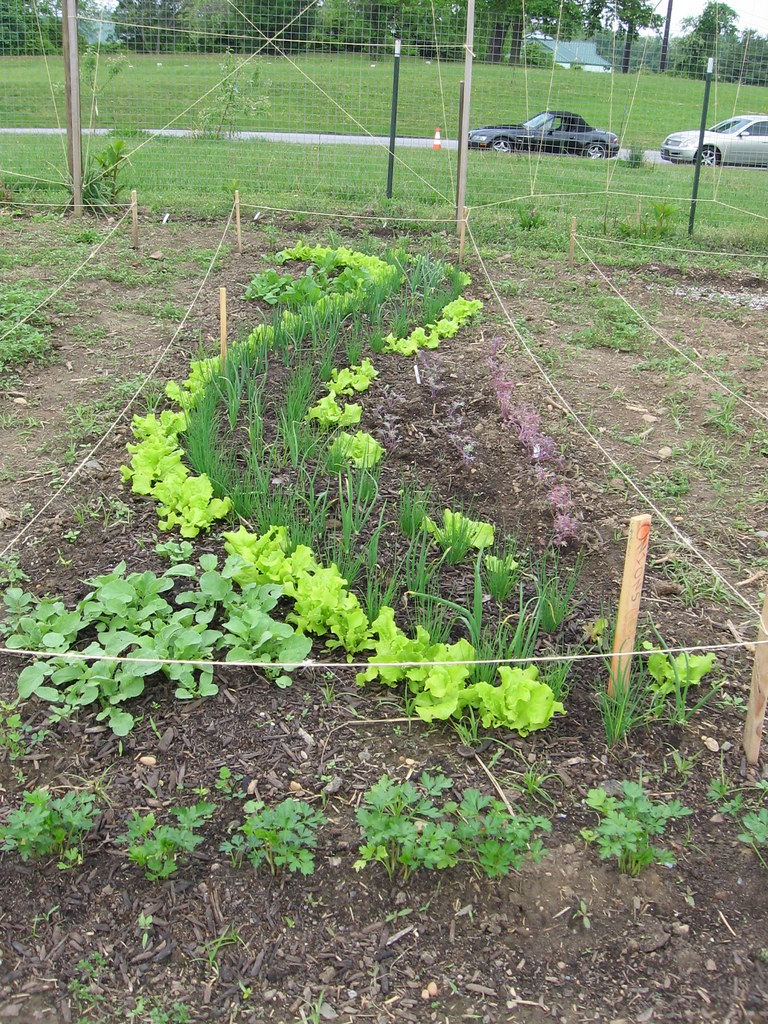
A thriving vegetable garden showcasing enriched soil where kitchen scraps could have been composted to boost plant growth.
When kitchen scraps are reborn as compost, they bring a wealth of benefits to your soil. This includes an increase in essential nutrients that foster plant growth and resilience—your garden will be more equipped to fend off pests and cope with diseases2.
Waste Reduction
By redirecting your biodegradable kitchen waste from the garbage bin to the compost pile, you’re making a significant dent in the amount of refuse your household produces. In practice, this means less trash heading to the dump and a happier planet3.
Sustainability
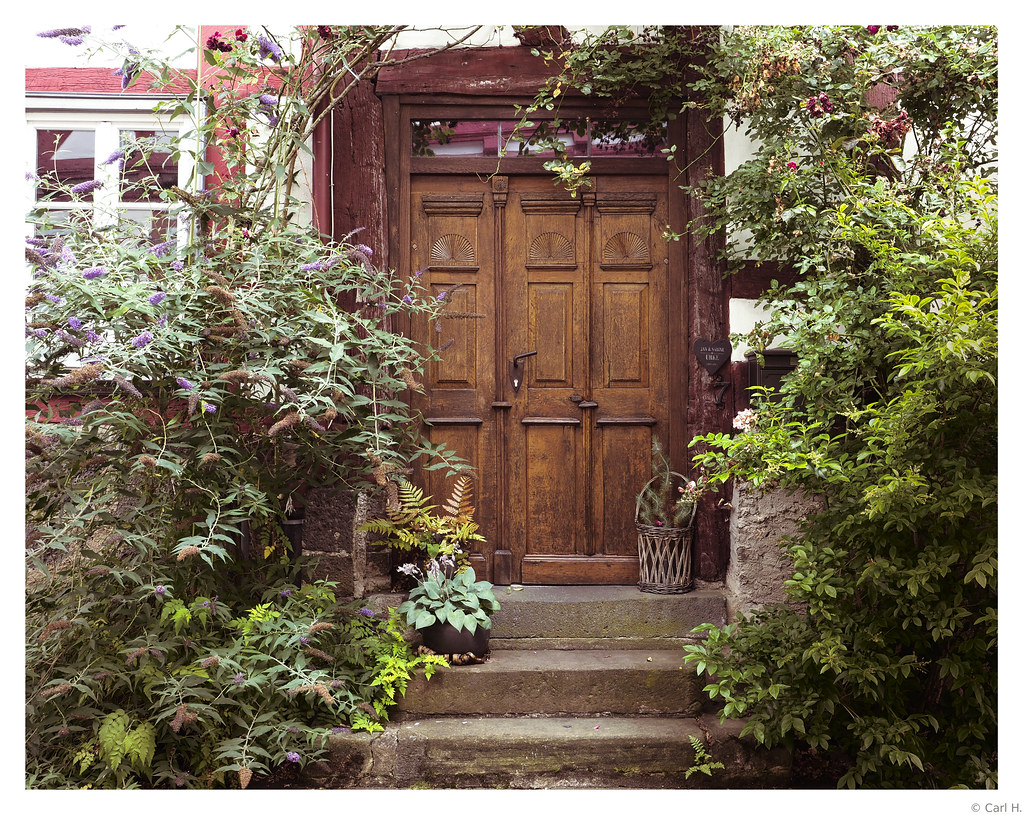
A rustic wooden door surrounded by lush greenery showcases the potential beauty of using compost to enrich garden plants.
Sustainable living is about making use of resources in a way that doesn’t deplete them. Composting embraces this principle wholeheartedly, turning what would be waste into a valuable resource for your garden, leading to a healthier ecosystem within your own backyard4.
Best Practices for Composting Kitchen Scraps
Selecting Suitable Materials
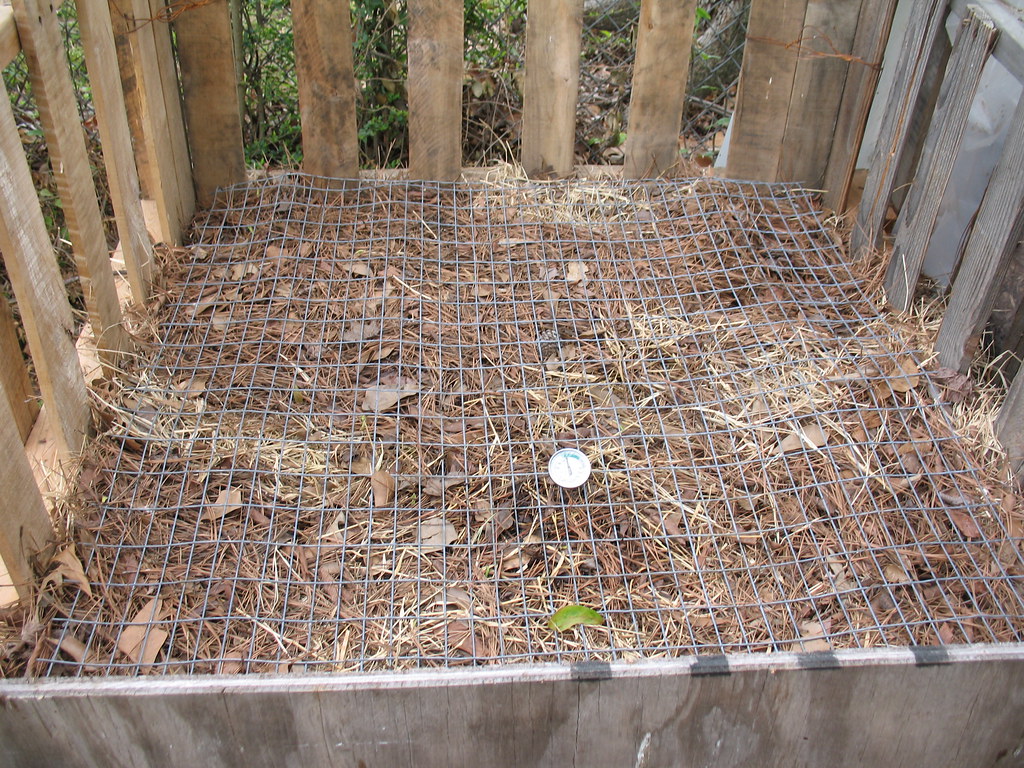
A compost bin filled with straw and leaves, key ingredients for creating nutrient-rich compost for gardening.
Start your composting journey by discerning which kitchen scraps make the cut. Your greens—like fruit and vegetable waste—pair with your browns, such as leaves and twigs. Strike a delicate balance between these nitrogen and carbon-rich materials for the best results5.
Composting Process
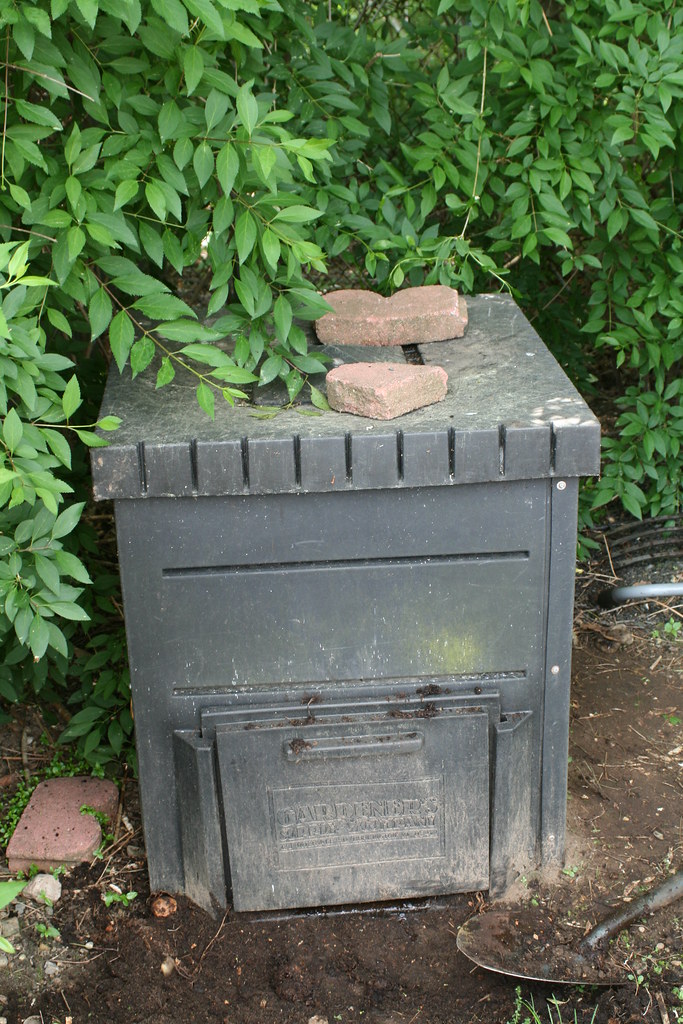
A black compost bin sits nestled among greenery, ready to transform kitchen scraps into nutrient-rich soil for the garden.
Setting Up a Compost Bin
Choose a spot that’s both convenient and effective for your compost bin—consider access to sunlight, good drainage, and practicality when it comes to adding new scraps or retrieving your compost. There are a variety of bins available, each catering to different needs and garden sizes.
Layering Technique
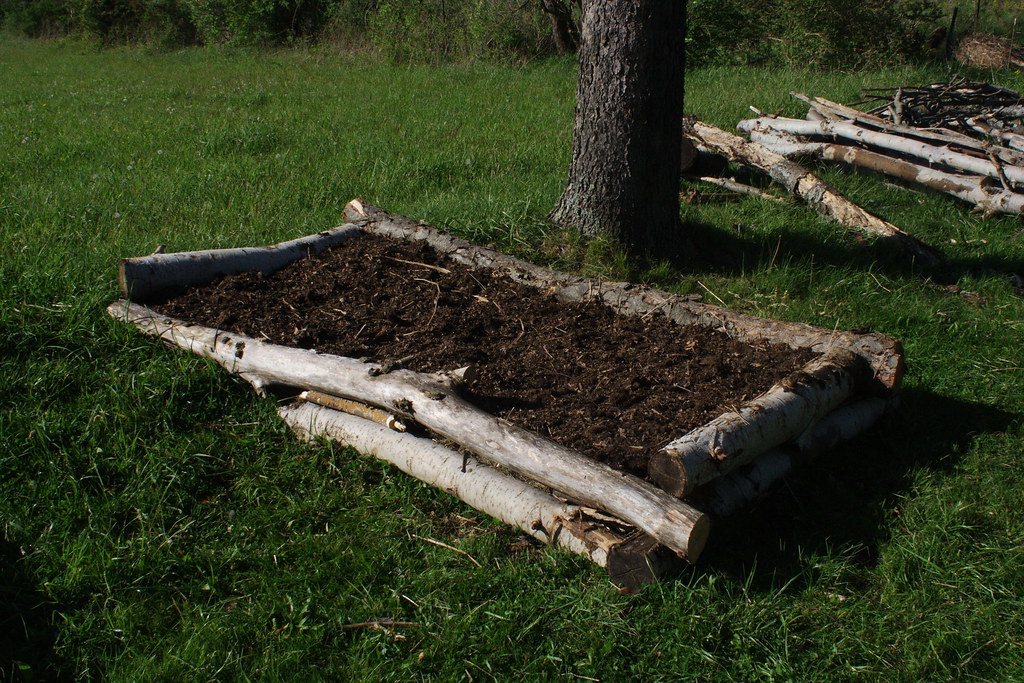
A simple compost bin with layers of organic material, transforming kitchen waste into nutrient-rich soil for the garden.
The secret to a thriving compost pile is layering. Begin with browns, add your greens, and top it off with a sprinkle of soil. This encourages the decomposition to kick off with gusto.
Maintaining the Compost Pile
Regular maintenance is vital. Turn your pile to oxygenate it, keep it moist but not soggy, and monitor its progress. This attentiveness ensures you’re on track to producing top-notch compost6.
Utilizing Your Compost
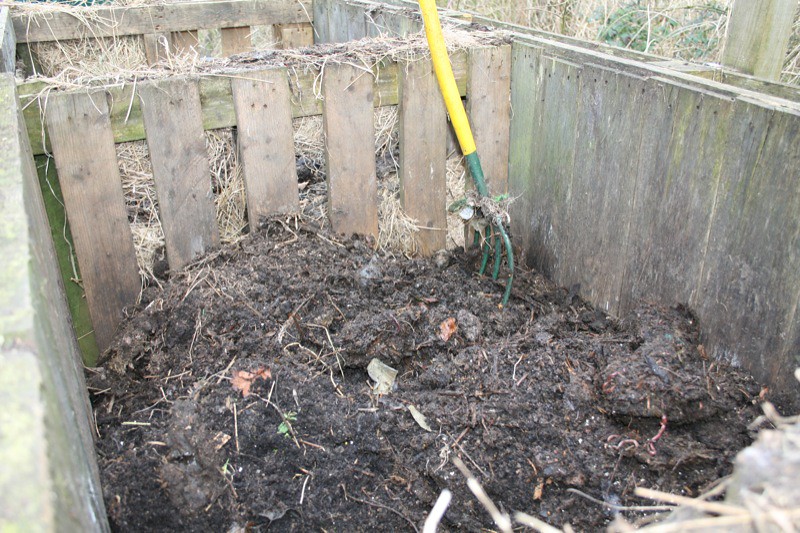
A compost pile teeming with organic matter transforms kitchen waste into nutrient-rich soil for gardens.
How to tell if your compost is ready? Look for a dark, crumbly texture with an earthy scent—then you’ll know it’s time to treat your garden. Use it to enrich the beds of your burgeoning trees and herbs, in potted plants, or as a lawn amendment. By doing so, your compost doesn’t just feed your plants; it improves the overall soil structure and its ability to retain water7.
Through the simple act of composting, you’re not just giving your kitchen scraps a second life; you’re imbuing your garden with vitality, and contributing to the health of our planet. As your plants reach towards the sky, take pride in the knowledge that your waste wasn’t wasted—instead, it’s become black gold, the currency of a lush, vibrant garden.

Leave a Reply